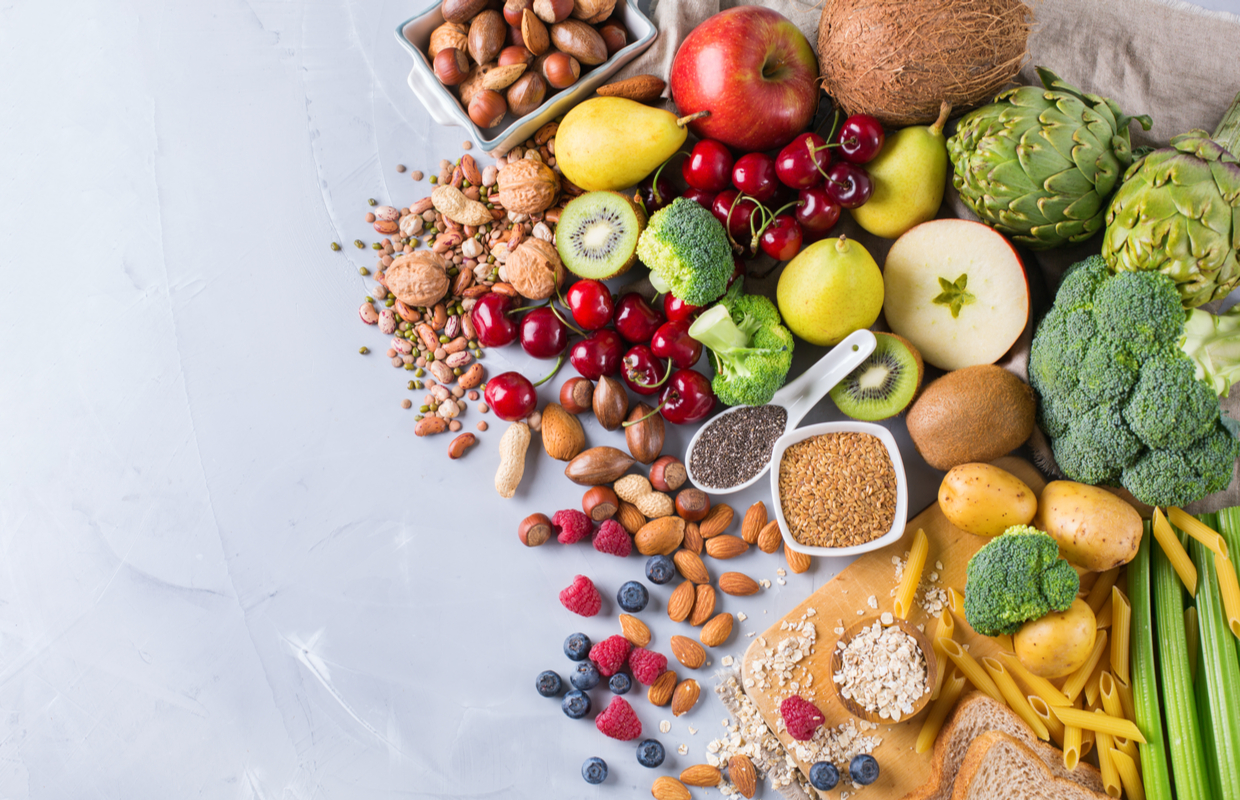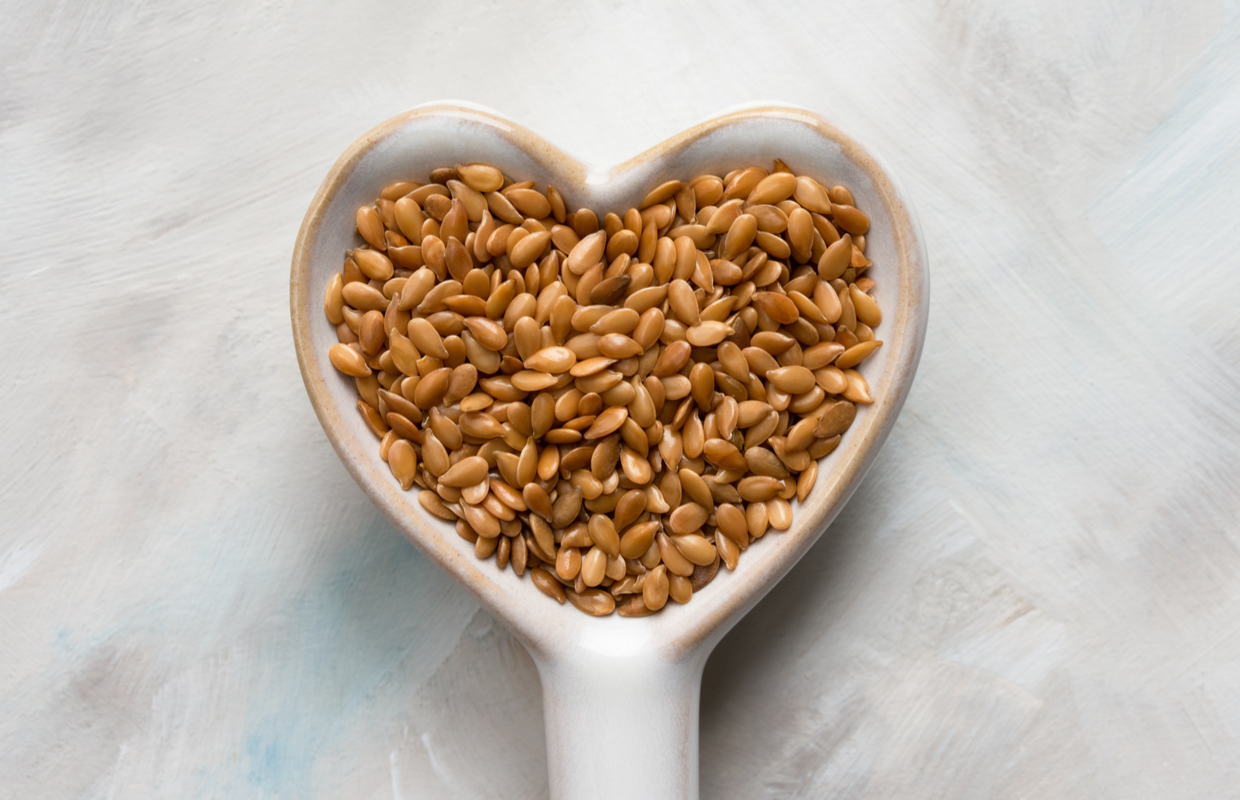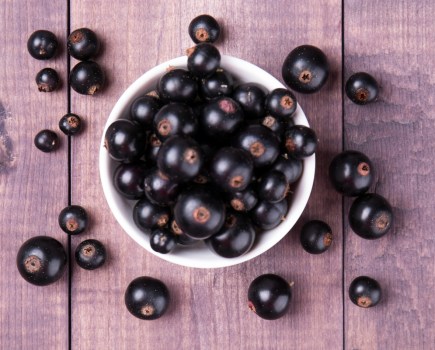Hormones can affect menstrual cycles, moods and even skin, but do you know just how much hormones are impacted by what you eat and drink? Here’s how to optimise your diet to help harmonise your hormones…
Hormones are chemical messengers that are secreted from the endocrine glands into the blood. They’re carried in the blood around the body to the relevant tissues and organs so that they can apply their function.
There are lots of different types of hormones that impact everything from your body temperature to your mood and reproductive system, as well as the way your body metabolises food. ‘Natural hormone changes that occur between the ages of approx 45 and 55 bring about the perimenopause and menopause,’ explains Dr Shirin Lakhani, cosmetic doctor and hormone expert.
‘It can be an unsettling and worrying time and there are a host of symptoms women can experience, including hot flushes, night sweats, weight gain, loss of libido and vaginal dryness, as well as incontinence and uterine prolapse.’
Perimenopause comes before menopause and is a time of transition, occurring when the ovaries start to produce less oestrogen, progesterone and testosterone. At this time, there may be hormonal imbalances as the levels of different hormones fluctuate.
‘Progesterone usually falls before oestrogen does, and the symptoms can therefore be of a relative oestrogen excess, which includes mood swings, feeling irritable, lack of sex drive, irregular or heavy periods, bloating, anxiety, weight gain, loss of hair, tiredness and trouble sleeping,’ says Dr Lakhani.
‘There’s no specific age perimenopause begins,’ Dr Lakhani adds, ‘but it can start up to 10 years before your last period.’
How does your diet impact your hormones?
The relationship hormones have with your diet is a complex one. It can have a huge impact on your body and overall health, especially at times when hormones are in flux.
‘Hormones such as oestrogen, testosterone, insulin, serotonin, cortisol and dopamine are all affected by what you eat. And it’s for this reason there’s such a close relationship between hormones and diet,’ says Dr Lakhani.
Here, she shares her tips on what to eat – and avoid – for better hormone balance.

Hormones such as oestrogen, testosterone, insulin, serotonin, cortisol and dopamine are all affected by what you eat.
How to balance certain hormones through your diet
Testosterone:
This hormone helps you feel energetic, motivated and strong – and it’s not only men who need it. Testosterone levels gradually decrease with age and can result in a low mood, lack of energy and lack of libido, as well as concentration problems.
That said, when oestrogen and progesterone naturally wane, this can leave testosterone relatively high by comparison. This can lead to hair thinning, hair on the face and acne.
Foods to eat: Strawberries, sweet potatoes, egg yolks, broccoli and avocado are great for increasing testosterone levels. If you think your testosterone is too high, then try eating the foods for boosting oestrogen (overleaf) to help counterbalance this.
Vitamin D:
Despite its name, vitamin D is actually a prohormone, which is why it’s included here. It plays many functions in your body, including regulating calcium levels, making it essential for healthy bones.
It’s also important for immunity and has been shown to improve mood. It is also linked to preventing heart disease, osteoporosis, diabetes, and cancer, and in reducing inflammation.
It’s found in certain foods, but often needs to be taken as a supplement as levels decrease over winter when the sun isn’t strong enough for your skin to be able to make it. Vitamin D supplements are also believed to help lower the number of hot flushes some menopausal women can experience.
Foods to eat: Whole milk, oily fish, red meat, liver, egg yolks and fortified foods contain vitamin D, however, it’s difficult for the average person to get enough from diet alone.
Cortisol:
This is often called the stress hormone because of its link to the fight-or-flight response. While cortisol is necessary for survival, high levels can be a bad thing. This is because the increased stress results in the accumulation of fat around your middle.
Foods to eat: Sugar brings about stress on the body so definitely ditch that. Also, look for healthier sweet foods, such as stewed fruit, which is great to enjoy during winter. Also, try xylitol or erythritol as sweeteners, as these don’t spike your blood sugar and, hence, your cortisol.
Caffeine and alcohol can both increase cortisol levels, so try to reduce or avoid these too. If you tried Dry January, why not carry it on into February and see how you feel?

Flaxseeds are rich in phytoestrogens. These are chemicals that act like oestrogen in your body.
Oestrogen:
This is the primary female sex hormone. However, oestrogen levels fluctuate during perimenopause and menopause. While you can’t get oestrogen from your diet, you can find phytoestrogen in certain plant foods. Phytoestrogens are chemicals that act like oestrogen in your body.
Foods to eat: Flaxseed and soy are rich in phytoestrogens, so a dish of unfermented tofu with flaxseeds sprinkled on top would be a good meal. The flaxseeds (also known as linseeds) are better digested if you first grind them up in a coffee grinder. Use them as a porridge topping.
If you suspect you are suffering from excess oestrogen (you can get this confirmed by seeking medical advice and getting your hormone levels checked), cruciferous vegetables can help detox this excess from your body.
Insulin:
Insulin resistance can be an issue for menopausal women. It’s when muscle cells don’t respond well to insulin, resulting in high levels of sugar in the blood that’s not used up. Instead, it circulates, which can be harmful.
One negative consequence is it can build up to full-blown Type 2 diabetes. It can also cause you to feel hungrier and eat more as a result, leading to weight gain.
Foods to eat: Beans and legumes, carbohydrates with a low glycaemic index such as oats and non starchy vegetables can all help. Also cut down on dairy products and eat plenty of healthy fats. Commercial low-fat foods tend to be higher in sugar, so avoid those.
Serotonin:
Levels of the ‘happy hormone’ drop during perimenopause and menopause. This leads to a less stable, more erratic mood and/or feelings of irritability and upset.
Foods to eat: Eating foods that contain the essential amino acid tryptophan can help your body produce more serotonin. Try eating things like salmon, eggs, seeds, and spinach. Drinking green tea is also said to help boost serotonin levels.
Dopamine:
This is another mood-boosting hormone, helping you feel more enlivened and motivated. If you’re low and feeling blue, especially during the run up to or after menopause, exercise will undoubtedly help. However, so can eating certain foods.
Foods to eat: Eating lots of protein and probiotic foods (including supplements) can go towards helping improve your dopamine levels, as can cutting down on saturated fats. Even coconut oil is not good for you as, when had in excess, it is high in saturated fat and can raise your cholesterol.








